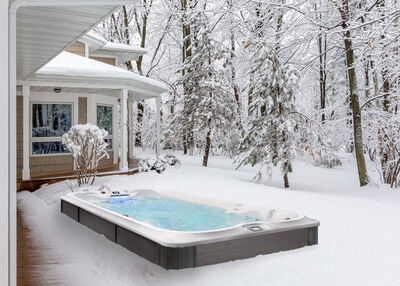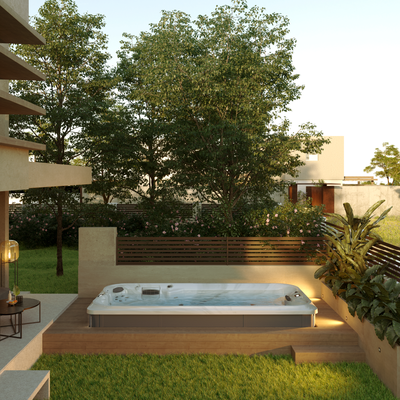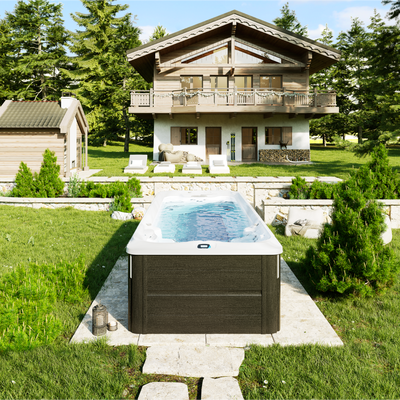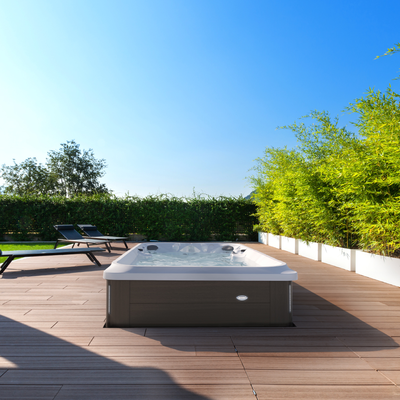Jacuzzi® Brand hydrotherapy is world-renowned, and the name that launched the industry continues to redefine it.
The Jacuzzi® Difference
We stand by our pillars of success.
Photo Gallery
Bathroom

Bathroom Faucets
Faucets serve as the finishing touches of bathroom and kitchen spaces, allowing you to personalize your countertop, bathtub and shower. Consider bathroom faucets the jewelry of the design space. Jacuzzi® Bathroom faucets offer a wide range of installation types, finishes and designs to accommodate a range of tastes and renovation budgets.
All prices shown in USD.
Discover More

What’s Infrared therapy and does it work?
Jacuzzi® is the very first and only brand to deliver Infrared and Red Light therapy technology across a wide range of its wellness products, including hot tubs, saunas and swim spas.
Read More
What is the Jacuzzi® SmartTub® system and will it help me save money on energy costs?
Learn everything you need to know about the Jacuzzi® SmartTub® remote monitoring system.
Read More
Jacuzzi® Hot Tub Collections - What’s the Difference?
The three distinct collections of Jacuzzi® Hot Tubs provide you with choices and options including varying price points, levels of design, features, size, seating, and hydromassage combinations.
Read More
The Jacuzzi® Brand
Learn how the Jacuzzi® Brand was born, has evolved and continues to lead the portable hot tub and premium bathroom industries today.
Read More
















